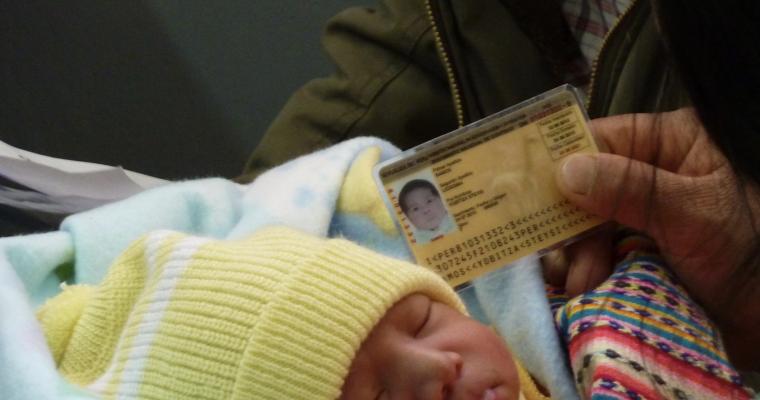In many regions of the world, births, marriages, divorces, and deaths are not universally or routinely registered, and the causes of death are not documented. This means that people lack the documents they need to prove their identity to get access to basic services. Women and girls face unique barriers, including laws in some countries that require the signature of a husband or father on official registration documents.
Research by the World Bank shows that more than 1.1 billion people worldwide are unable to prove who they are.

It is estimated that the births of nearly one-quarter of children under the age of 5 worldwide have never been recorded. And yet, one of the Sustainable Development Goal targets – specifically 16.9 – is to provide legal identity for all by 2030, including birth registration.
Obstacles to a functioning CRVS system
Institutional barriers common to civil registration and vital statistics include:
- Outdated and inadequate legal frameworks governing civil registration and vital statistics
- Lack of political vision
- Lack of coordination between government departments
- Human resource skills and capacity gaps
- Inadequate operating budgets
Social barriers that may hinder timely registration include:
- People do not understand the importance of birth and death registration
- Linguistic differences and cultural practices are different from a country’s predominant language and practices
- Stigma associated with teen births, or single mothers
- Socio-cultural practices around death
- Legislation contradicts social norms
- Direct and indirect costs associated with registration, such as fees and travel
These are challenges we are seeking to address through research, knowledge exchange, and capacity building support for countries wishing to develop strong CRVS systems.